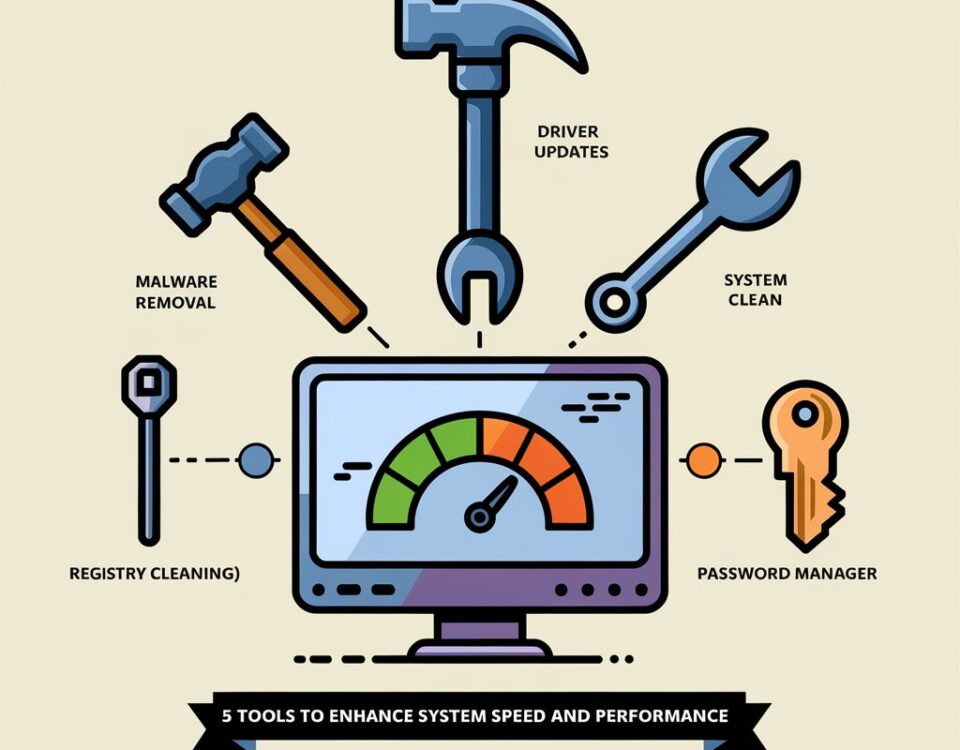
How 3D Printing is Disrupting Manufacturing
June 24, 2024
The Evolution of Home Assistants: From Alexa to Google Home
June 24, 2024How Smartphones Have Changed Communication Forever
Smartphones revolutionized communication profoundly, altering how we connect and interact in modern society.
Evolution of Communication
Before smartphones, communication relied heavily on landline phones and face-to-face interactions. The introduction of smartphones integrated voice calls, texting, and internet connectivity into portable devices.

Instant Connectivity
Smartphones enable instant connectivity globally through calls, texts, and social media platforms. This instantaneous communication has shortened response times and bridged geographical distances effortlessly.
Multimedia Messaging
The advent of smartphones popularized multimedia messaging, allowing users to share photos, videos, and audio recordings instantly. This multimedia capability enhances expression and communication clarity.
Rise of Social Media
Smartphones facilitated the rapid growth of social media platforms like Facebook, Instagram, and Twitter. These platforms revolutionized how individuals and businesses communicate, fostering virtual communities and digital interactions.
Impact on Personal Relationships
Smartphones have reshaped personal relationships by enabling constant communication and immediate responses. This accessibility fosters closer connections but can also lead to challenges like digital distraction and over-reliance on virtual interactions.
Accessibility to Information
With smartphones, access to information became instantaneous. Users can browse the internet, access news, and search for information anytime and anywhere. This access has democratized knowledge and empowered individuals globally.
Work and Professional Communication
Smartphones have transformed professional communication, enabling remote work, mobile conferencing, and real-time collaboration. Business communication is no longer confined to office spaces, enhancing productivity and flexibility.
Cultural and Social Implications
Smartphones have influenced cultural norms and social behaviors. They have changed how people consume media, engage with entertainment, and participate in societal discourse. This shift has both positive and negative implications on societal interactions.
Challenges and Concerns
Digital Distraction
Smartphones contribute to digital distraction and constant connectivity, impacting attention spans and mental well-being. Balancing digital usage with offline activities is crucial for maintaining overall health.
Privacy and Security
The proliferation of smartphones raises concerns about privacy and data security. Users must navigate risks such as data breaches, identity theft, and unauthorized access to personal information.
Dependency on Technology
Society’s reliance on smartphones has led to concerns about technology dependency and its implications for social skills, empathy, and face-to-face communication.
Future Trends
Enhanced Connectivity
5G technology promises faster speeds and improved connectivity, enhancing smartphone capabilities for communication and data transfer.
Augmented Reality (AR) and Virtual Reality (VR)
AR and VR integration in smartphones may revolutionize communication by offering immersive experiences and virtual interactions.
Artificial Intelligence (AI) Integration
AI-powered assistants like Siri and Google Assistant enhance smartphone functionality, offering personalized communication and task management.
Conclusion
Smartphones have profoundly changed communication by integrating diverse communication channels into portable devices. Their impact spans personal relationships, professional environments, cultural norms, and societal behaviors. As smartphones continue to evolve with technological advancements, their role in communication will continue to shape and redefine how we connect and interact in the digital age.




